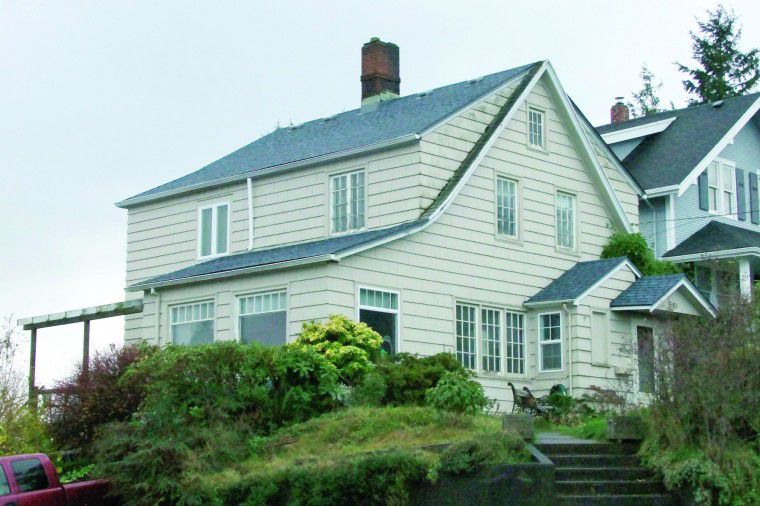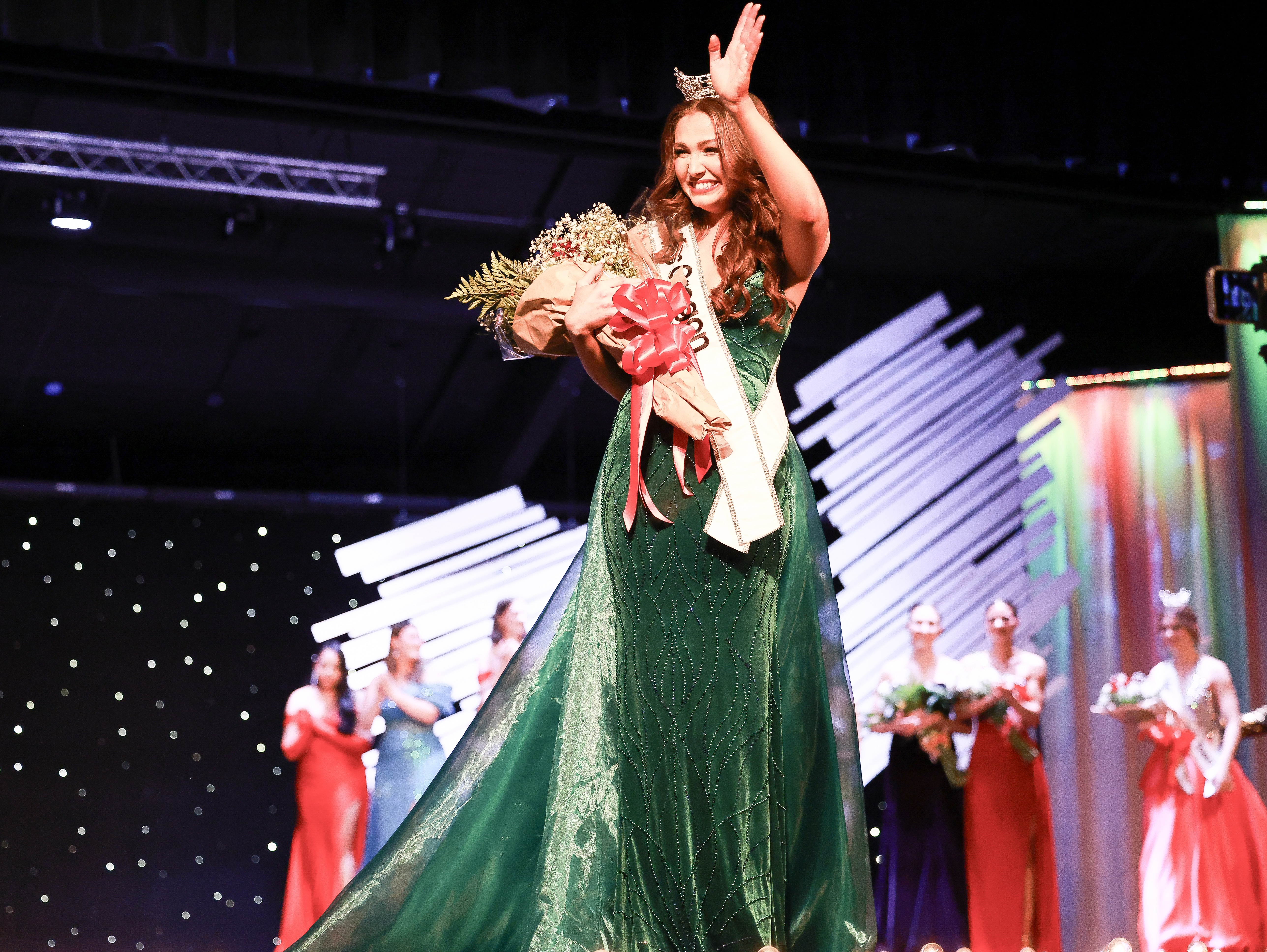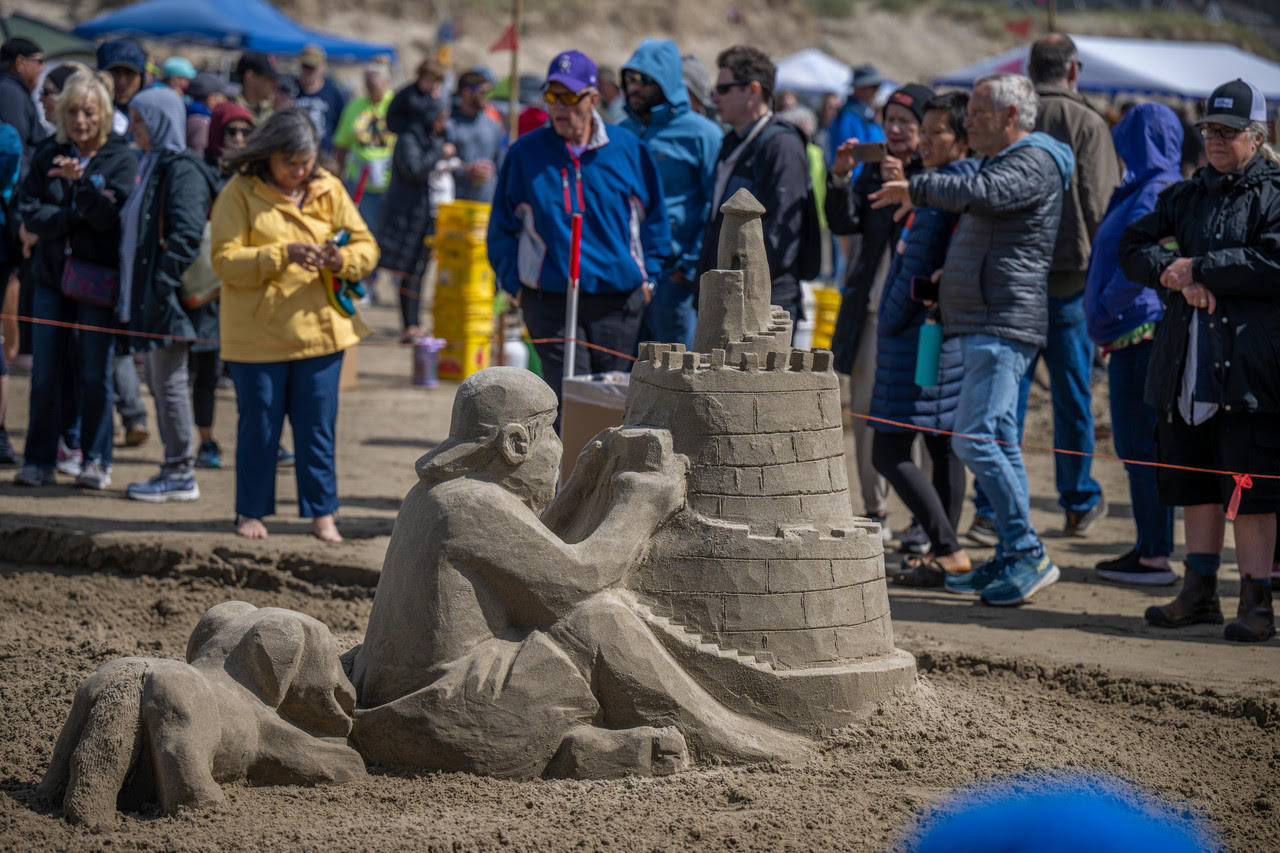Soldier from Clatsop County remembers World War II
Published 3:31 am Thursday, December 2, 2010

- Author and WWII vet Don Malarkey grew up in this house on Kensington Avenue in Astoria.
“Easy Company Soldier”
By Don Malarkey
with Bob Welch
St. Martin’s Griffin, 304 pages
“We few, we happy few, we band of brothers;
For he to-day that sheds his blood with me
Shall be my brother.”
William Shakespeare, Henry V
The HBO miniseries “Band of Brothers,” based on the book by historian Stephen Ambrose, immortalized E (Easy) Company of the Second Battalion, 506th Parachute Infantry Regiment, 101st Airborne Division. Easy Company sergeant Don Malarkey was one of Clatsop County’s own; he grew up in Astoria, and after the war served as a Clatsop County commissioner. “Easy Company Soldier” is his memoir.
Malarkey fought in three major battles of World War II and suffered for years after the fighting was over. But before the war, there was a house on Kensington Avenue and a cabin on the Nehalem River.
Malarkey attended school at St. Mary’s Star of the Sea, Astoria High School and the University of Oregon (where his education was interrupted by the war). “I always had a little of the devil in me,” he says. At the age of 12, he became interested in parachutes and decided that he, too, would like to jump out of airplanes. Having neither a parachute nor an airplane, he made do with an umbrella and the roof of the house. Somehow he survived.
It was in school that Malarkey learned to love poetry, and it was William Ernest Henley’s “Invictus” that sustained him through the war:
I am the master of my fate:
I am the captain of my soul.
At the family’s cabin on the Nehalem, Malarkey learned the self-sufficiency and independence that have marked the rest of his life. His favorite reading as a boy was the “Bomba the Jungle Boy” series, books with titles like “Bomba the Jungle Boy in the Swamp of Death.” It was on the Nehalem that he played out his Bomba fantasies: camping, swimming, fishing and hunting with his yew-wood bow. “I was a curly-haired Huck Finn,” he writes, “an independent cuss living the life of Riley.”
Circumstances altered that easy life. The Tillamook Burn destroyed the cabin on the Nehalem. The Depression deepened and his father went bankrupt. Malarkey bused dishes at the Liberty Grill on Commercial Street, worked seine nets on the Columbia and loaded ships at the Pillsbury Flour Mill.
Malarkey achieved his boyhood dream when he joined the paratroopers, and his years in Clatsop County had made him fit enough, mentally and physically, for the training that came before he could wear the silver wings of a paratrooper. That training was rigorous, to say the least. The 506th set an Army fitness record and concluded their training with a 75-hour, 118-mile forced march with full field equipment.
The 101st fought on front lines and often behind enemy lines. D-Day was their first engagement, and they landed behind the German positions, to disrupt supply and to take out the guns that were punishing the invading Allies. Easy Company’s next job was as part of “Operation Market Garden,” British Gen. Montgomery’s ill-fated attempt to punch through Holland into Germany (the subject of the film “A Bridge Too Far”). Next came the largest engagement ever fought by the U.S. Army: the Battle of the Bulge.
As Easy Company moved toward Bastogne, they saw thousands of American soldiers, “Heads down. Some bloodied. Boots covered with mud. Retreating … I’ll never forget the look in their eyes.” Without winter uniforms, with little ammunition and food, they spent half of December and January in trenches so bitterly cold that Malarkey grew nostalgic for Astoria winters. His best friend was killed.
Malarkey fought 30 days in Normandy, 78 in Holland, 39 at Bastogne and 30 in the Haguenau area of northern Alsace.
Malarkey vividly conveys the horrors of war, as well as its vagaries, collateral damage and the deep bonding that made these men a “band of brothers.” He also chronicles the lasting effects of war on the warrior. Malarkey found it difficult to fit in – to college, to life – once he returned. He tried several jobs, including a term as county commissioner, and suffered from depression and alcoholism. It took him most of his life to come to terms with the war. “The hardest thing about war is … losing those people, sometimes right in front of you. And yet not being able to grieve for them.”
Malarkey was a soldier, not a philosopher. He is not a reflective man. He did what he had to do, and his personal code, and that of Easy Company, would not let him quit until the job was done.
The book may leave readers wondering, though, and probably not for the first time: Is there no better way?





